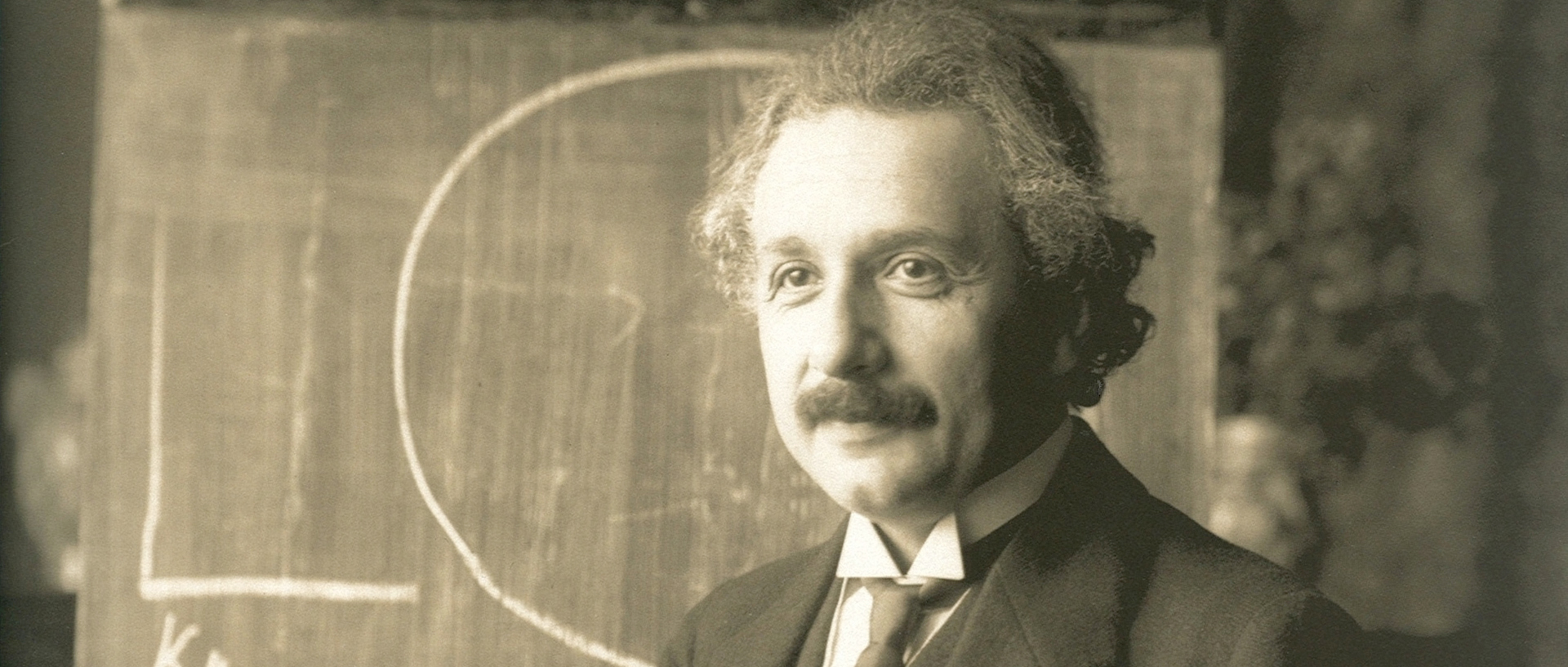Just Like New Year’s Day
I love New Years Day, not only for the bowl games and the black-eyed peas, but for the new beginning it represents. It’s a chance to press “reset.” You can close out last year’s books, leave yesterday behind, and look ahead with a fresh determination to the changes you know you need to make.
This is also why I love Mondays. It’s like a mini-New Year’s Day — and we get 52 of them to work with every calendar year.
Each Monday you can build on the success of last week, or you can wipe the slate clean and give it another go. Or, better yet, you can do a little bit of both.
Today, as you map out your strategy for the coming week, consider focusing on two areas.
1.) Is there a success can you build on? Is there an area in which you can set the bar a little a higher and demand a little more from yourself? Challenge yourself to move to the next level.
2.) Is there an area in which you failed to meet expectations? An area in which you could have done better, should have done better, but didn’t quite measure up? Rather than berating yourself, or throwing in the towel, give yourself permission to try again.
Dozens of items will find their way onto your to-do list this week; I’m encouraging you to zero in on two: one to build on and another to take back into the boxing ring.
Confronting both will keep you moving in the right direction.
But one thing I do: Forgetting what is behind and straining toward what is ahead, I press on toward the goal to win the prize for which God has called me heavenward in Christ Jesus. (Philippians 3:13-14)
It’s Monday, friends. It’s like a mini-New Year’s Day. Time to press reset and press on toward the prize.







 Living in the Nashville area, I am something of a Tennessee football fan — both the Titans and the Volunteers. (Actually, my first love is Oklahoma State football, but that’s not central to today’s post.)
Living in the Nashville area, I am something of a Tennessee football fan — both the Titans and the Volunteers. (Actually, my first love is Oklahoma State football, but that’s not central to today’s post.)
 Mel Fisher spent his life diving for buried treasure.
Mel Fisher spent his life diving for buried treasure.


 On May 26, 1959, Pittsburgh Pirate pitcher Harvey Haddix accomplished something no one else in baseball has accomplished: He pitched 12 perfect innings in a game against the Milwaukee Braves.
On May 26, 1959, Pittsburgh Pirate pitcher Harvey Haddix accomplished something no one else in baseball has accomplished: He pitched 12 perfect innings in a game against the Milwaukee Braves.
